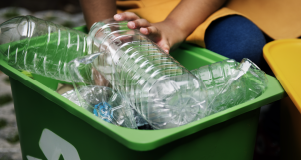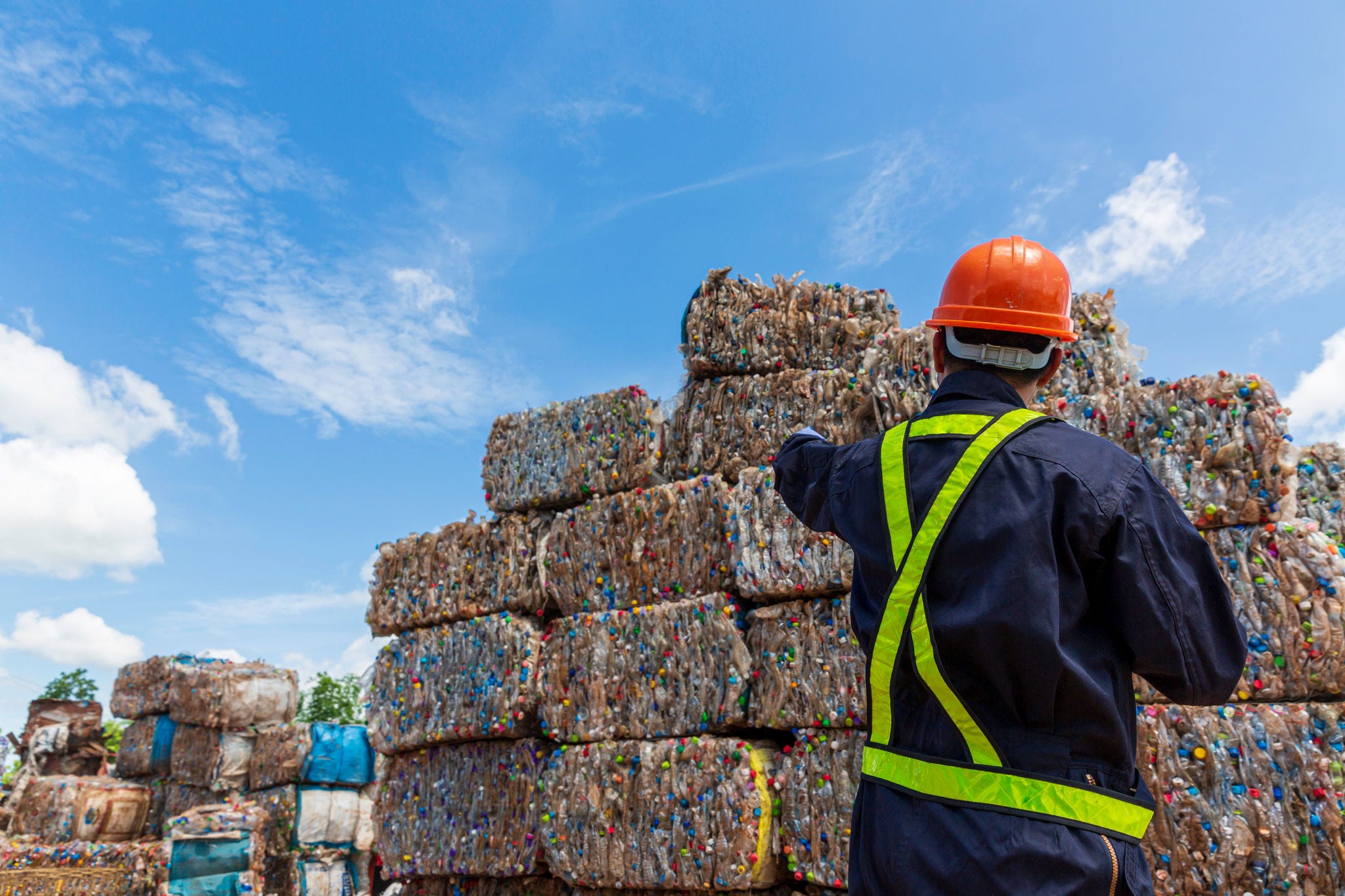Extended producer responsibility is a policy approach that makes producers responsible for their products along the entire lifecycle, including at the post-consumer stage. By doing so, it helps achieve environmental goals such as recycling targets. At the same time, EPR generates funding from producers that help to pay for the collection, sorting and recycling of waste products, as well as generates detailed information on production, products, waste generation and treatment.
The OECD's guidance identifies principles on the use of EPR, outlines possible options and details the benefits and trade-offs of different approaches. In this way, the OECD helps to harmonise the use of EPR schemes across countries.







